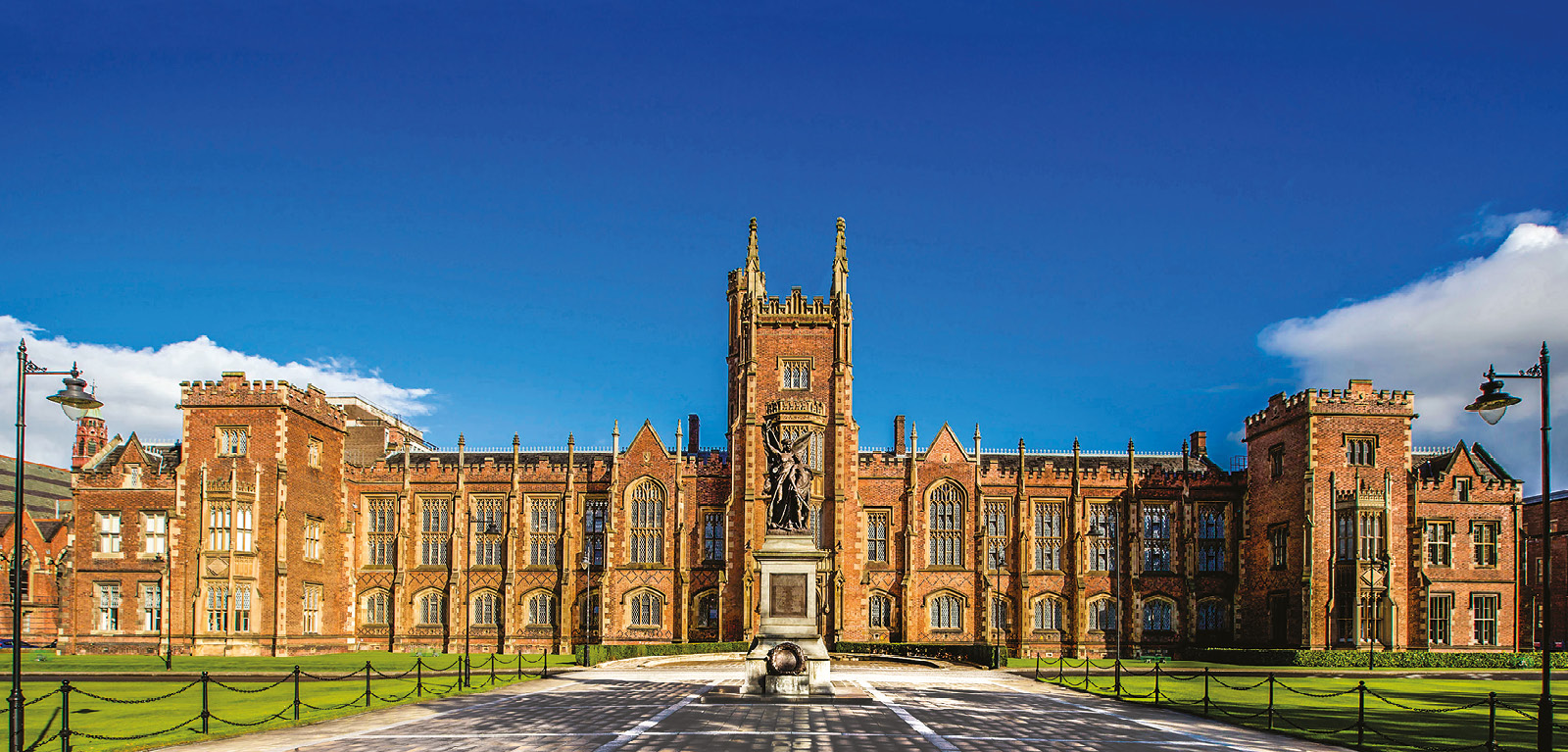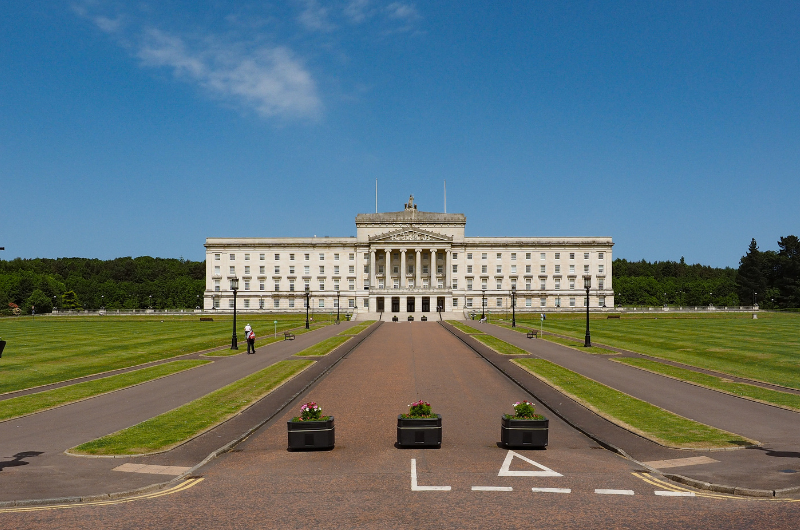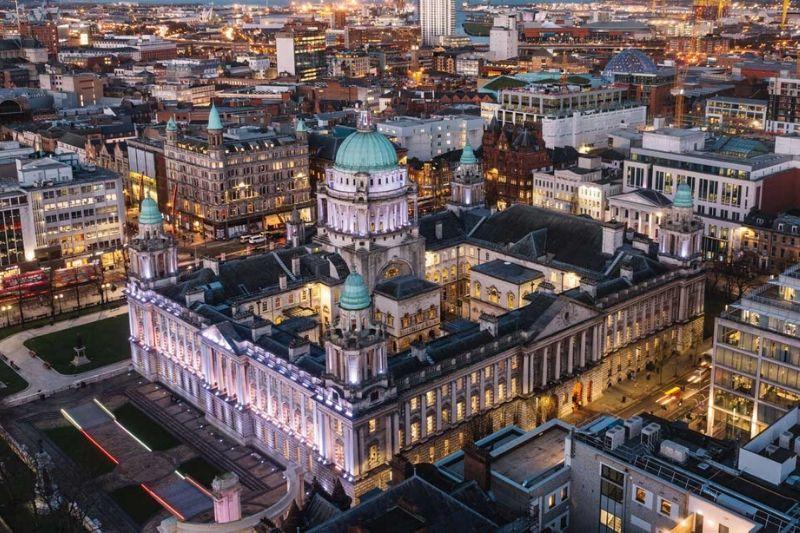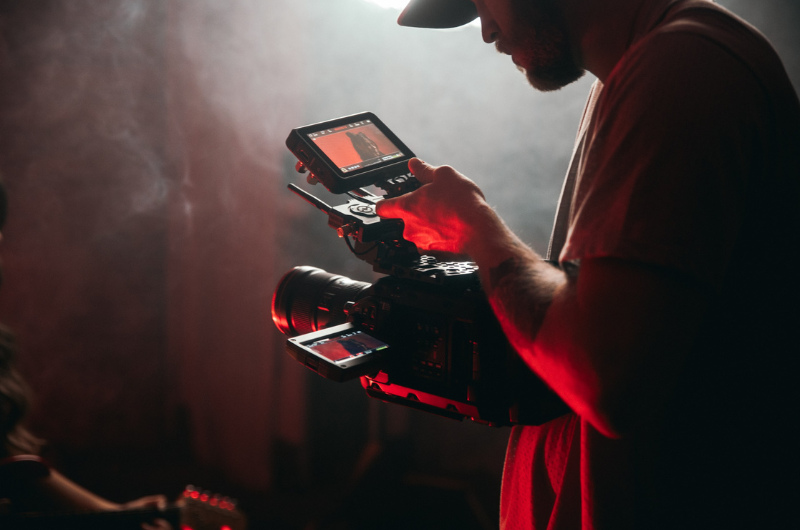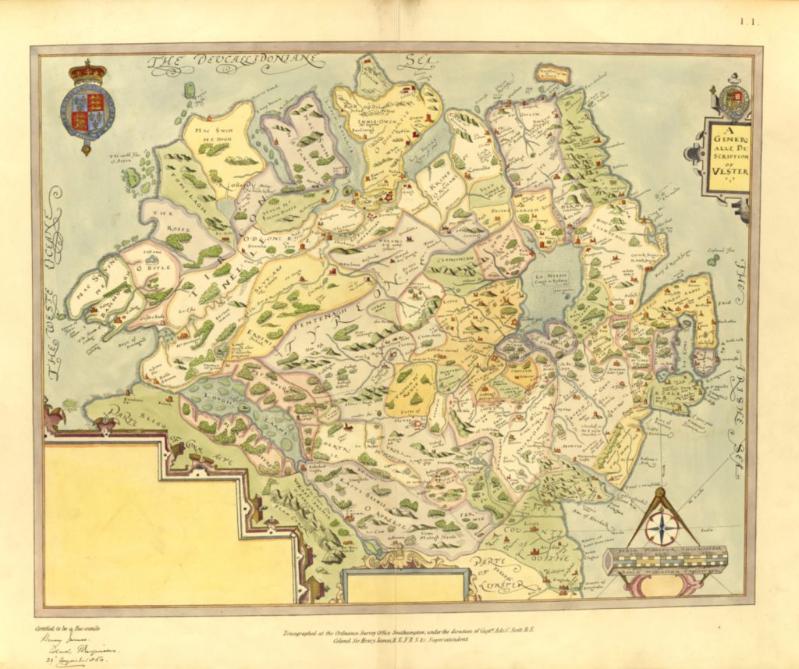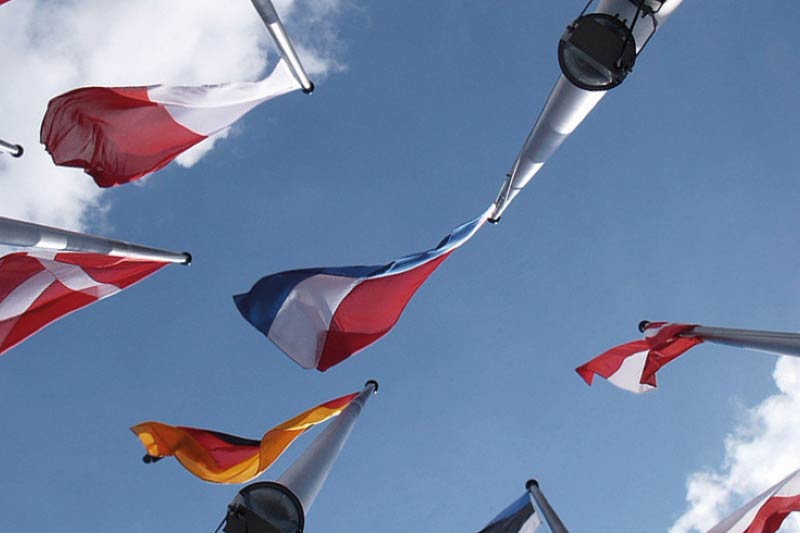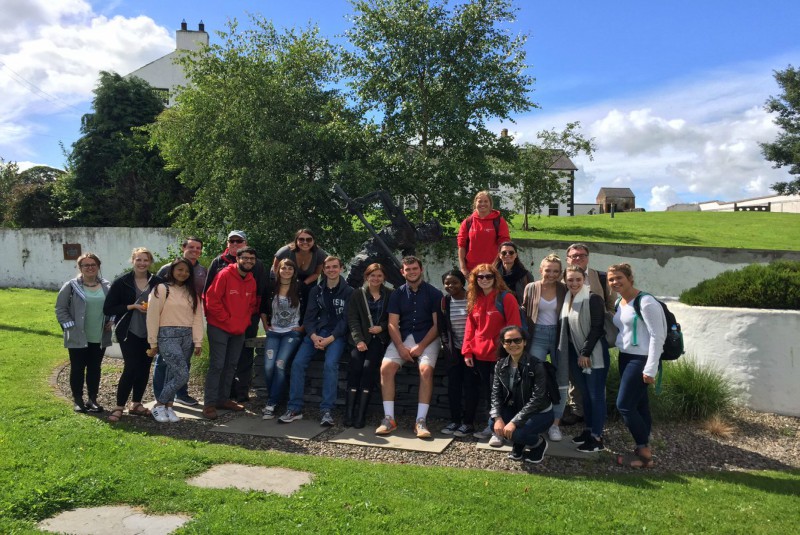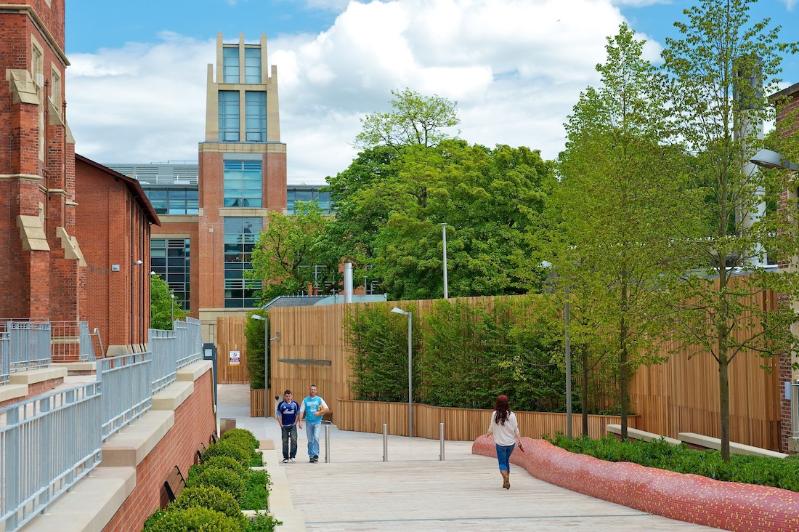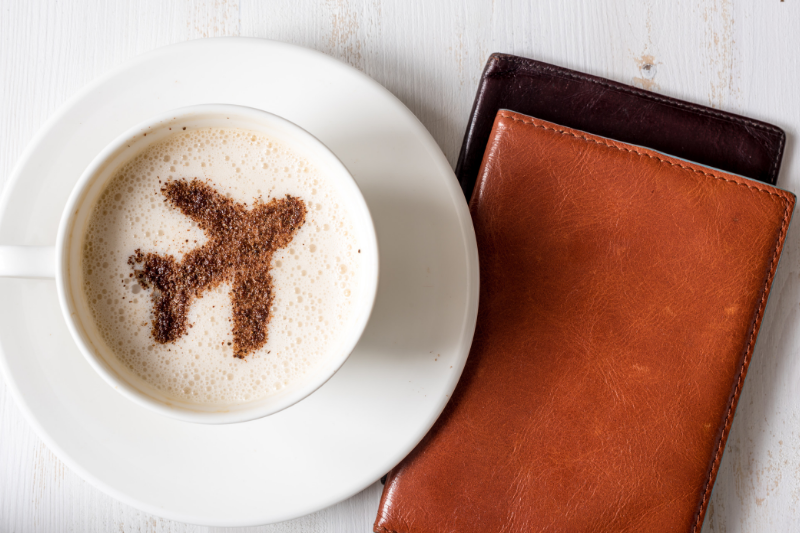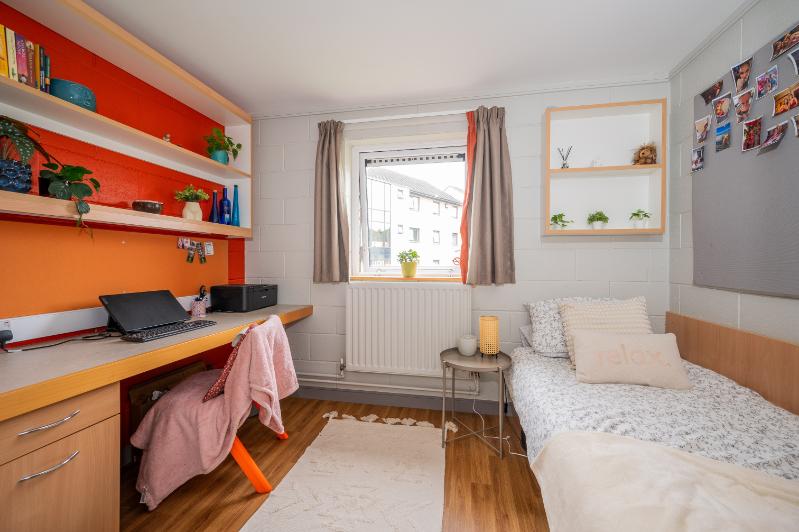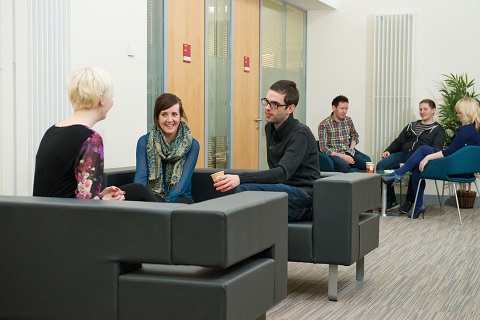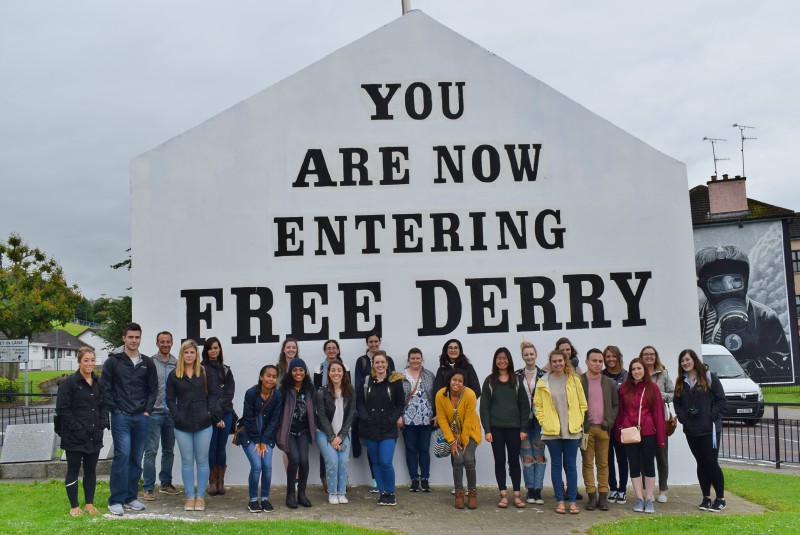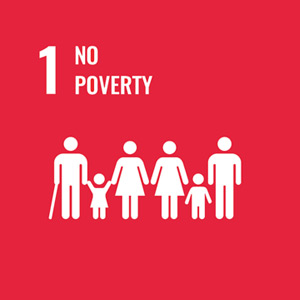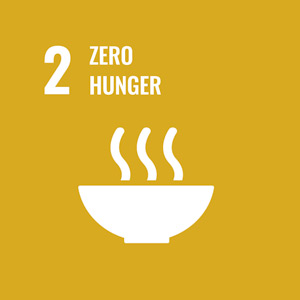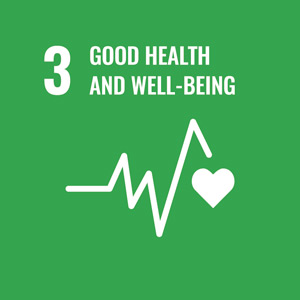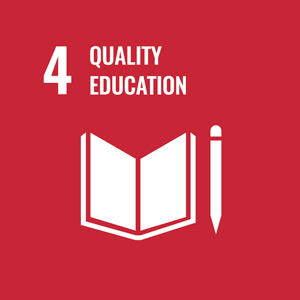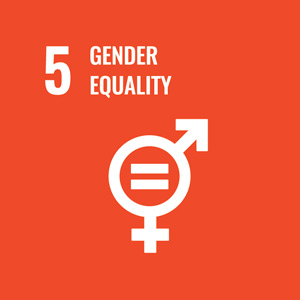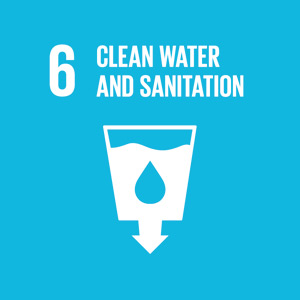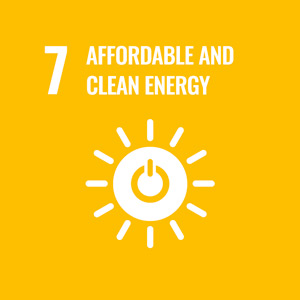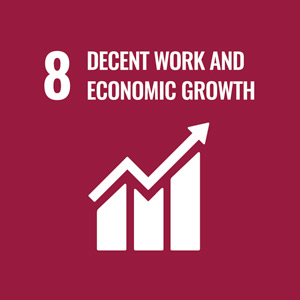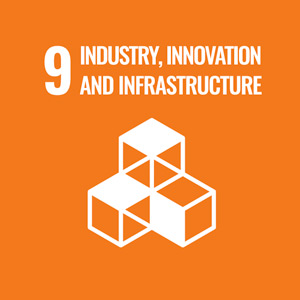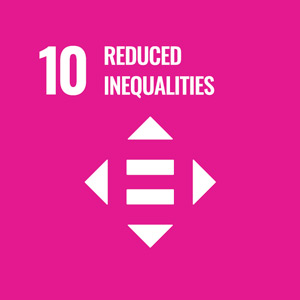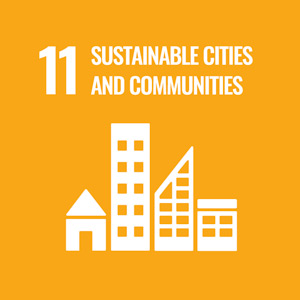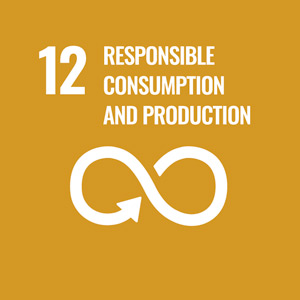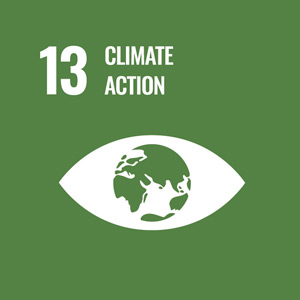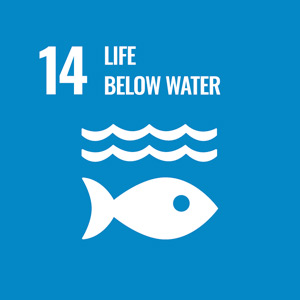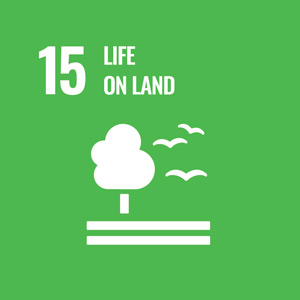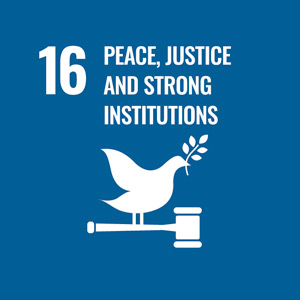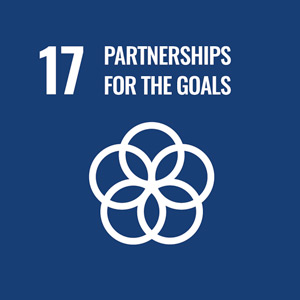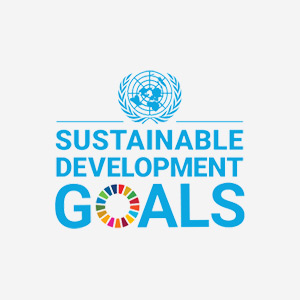This topic capitalises on Northern Ireland’s long-established culture of storytelling and creative composition and the many significant, diverse contributions made by our artists and practitioners to local, national and international creative industries. It comprises of different strands of composition, narrative creation, and the formulation of stories across a range of media (e.g., music, sound production, writing, performance).
(i) 'Immersive Audio Production' – introduces participants to a range of recording and mixing workflows for creation of audio content in immersive audio formats. Teaching will take place in the Sonic Laboratory - a unique concert hall featuring a 56 channel loudspeaker array designed specifically for 'immersive' audio projection. Topics covered will include spatial soundscape recording, ambisonic encoding and decoding, surround sound music mixing, surround sound audio post production, and Dolby Atmos immersive audio presentation. Delivery methods will include lectures, workshops and Sonic Lab listening sessions to critique commercial music and film mixes and participant work-in-progress. Participants will gain practical experience of recording, editing and mixing soundscapes, speech and music for immersive audio presentation. The strand will conclude with Sonic Lab performances of the work created throughout the summer school.
(ii) ’Writing’ – offers participants the opportunity to work on a piece of their own prose writing across the two weeks, introducing students to the skills required in terms of craft, technique, editing, and rewriting. Whether you are new to the processes of writing or plan to work on an already existing piece of your own composition, you will form part of a supportive and engaged writing workshop (maximum size 12-14 per workshop) led by experienced members of the Seamus Heaney Centre teaching team. Across the two weeks you will produce a number of 200-300-word pieces of writing that will be workshopped by your peers, so your openness to receiving feedback and your readiness to redrafting your work in light of it will be a key aspect of the learning process. You may also opt to work with students on either the Immersive Audio or the 3D Real Time Interactive Design strands to produce an individual recording or a hybrid collaborative version of your work as part of the closing performance event for the summer school.
(iii) ‘3D Real Time Interactive Design’ – delivered by Queen’s MediaLab, this strand combines creative and engineering expertise in the development of digital, virtual and immersive technologies. In the first week, our Technical Workshop will equip you with the techniques needed for generating 3D interactive settings, while in the second week, you will take the techniques learned from week one and work on your own project ideas. Collaborating with students on the other strands within Story is also an option for you as you work on a final output as part of your experiential learning here at Queen’s.
Intended Learning Outcomes
-
Identify a creative field and topic, and formulate the appropriate mode for its realisation
-
Produce a piece of creative content, whether in digital, musical, visual or written form
-
Work independently or as part of a production team in the completion of your creative project
-
Demonstrate self-editing skills whether on an independent or on a team creative project
-
Identify primary and secondary sources where appropriate
-
Undertake independent library-based research where appropriate

